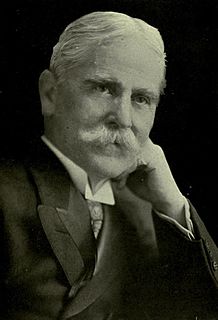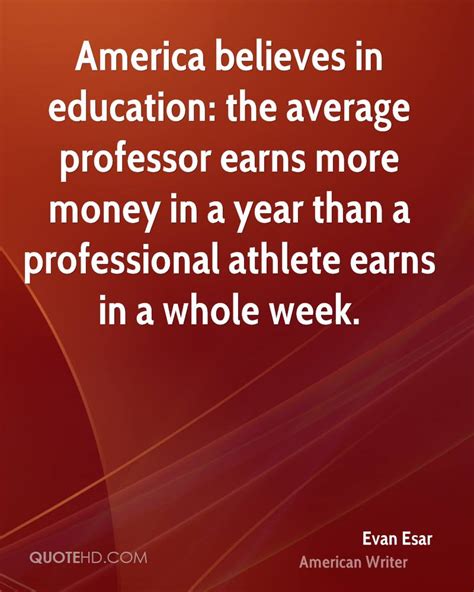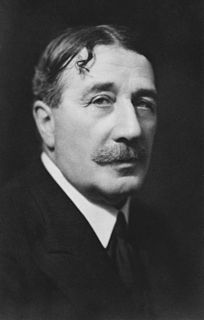A Quote by Bill Bradley
For a long time, I operated under the Chinese proverb that there are four kinds of leaders: those who you laugh at, those who you hate, those who you love and those who you don't even know that they're leaders.
Related Quotes
In the earlier days of history, kings and leaders went to the battlefield with their men; but today, those who determine that a nation will go to war remain safely behind. The next time leaders talk of warring, all the people should get together and send those leaders to the front lines. Give them a big arena with wonderfully effective ammunition, and the war will be finished in a day
On those remote pages [of 'a certain Chinese encyclopedia'] it is written that animals are divided into (a) those that belong to the Emperor, (b) embalmed ones, (c) those that are trained, (d) suckling pigs, (e) mermaids, (f ) fabulous ones, (g) stray dogs, (h) those that are included in this classification, (i) those that tremble as if they were mad, (j) innumerable ones, (k) those drawn with a very fine camel's hair brush, (l) others, (m) those that have just broken a flower vase, (n) those that resemble flies from a distance.
Not many of us will be leaders; and even those who are leaders must also be followers much of the time. This is the crucial role. Followers judge leaders. Only if the leaders pass that test do they have any impact. The potential followers, if their judgment is poor, have judged themselves. If the leader takes his or her followers to the goal, to great achievements, it is because the followers were capable of that kind of response.
Those who know others are intelligent Those who know themselves have insight. Those who master others have force Those who master themselves have strength.Those who know what is enough are wealthy. Those who persevere have direction. Those who maintain their position endure. And those who die and yet do not perish, live on.
Leaders who carry unresolved guilt are forced to hide a part of themselves from those to whom they are closest. They have a secret. They are forced to expend time and energy to ensure that no one finds them out. They know they are not completely trustworthy. Often they assume no one else is either. Guilty leaders have a difficult time trusting. Consequently, guilty leaders have a difficult time building teams.

































